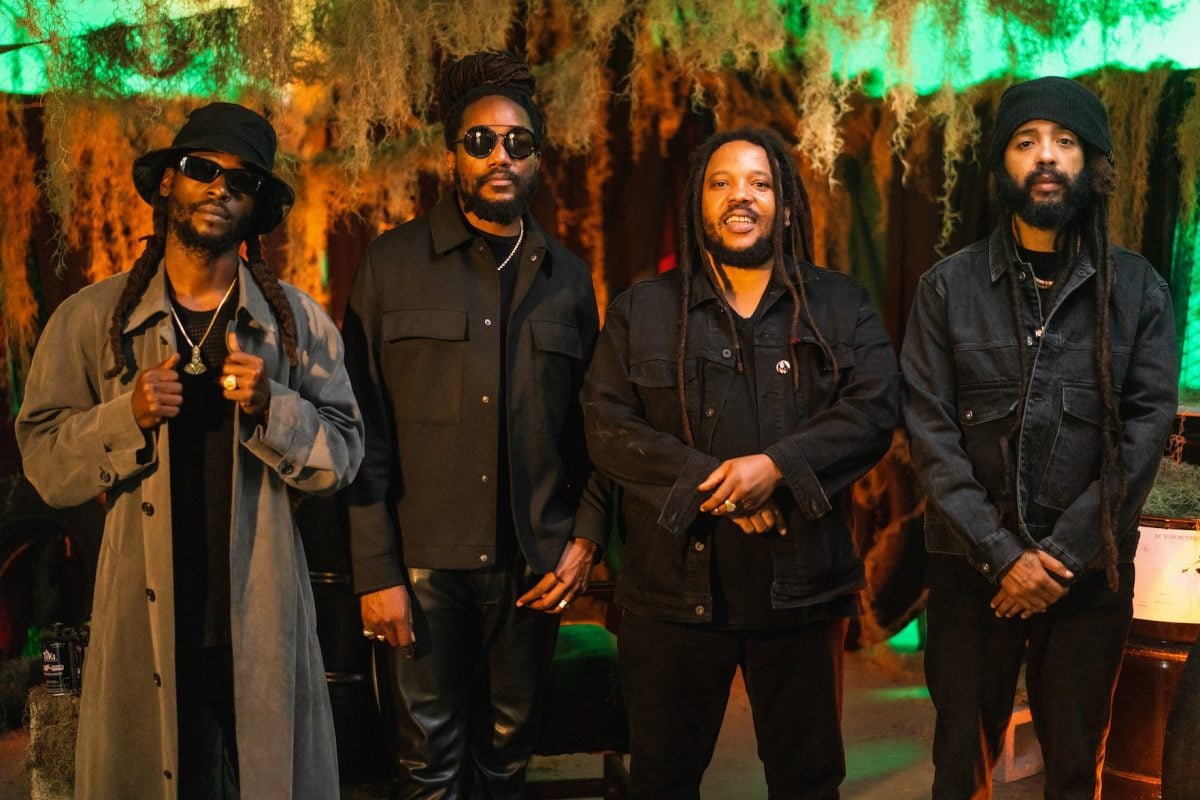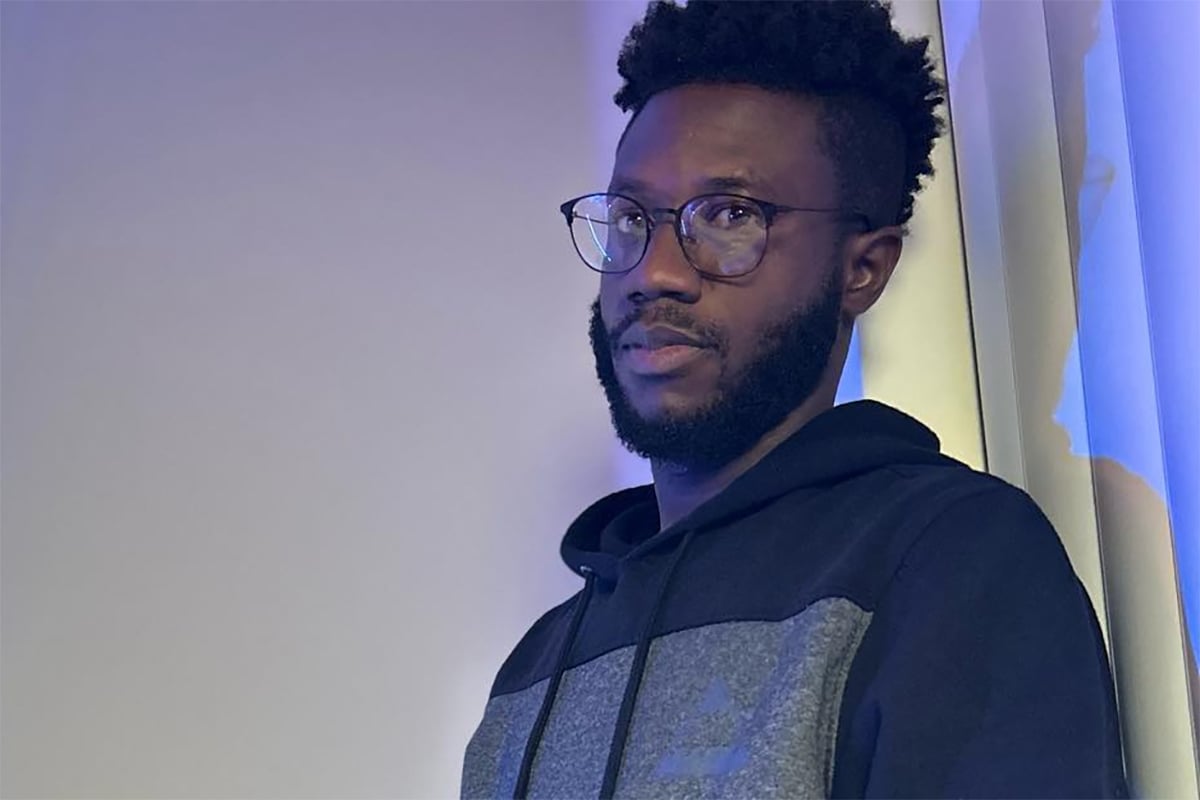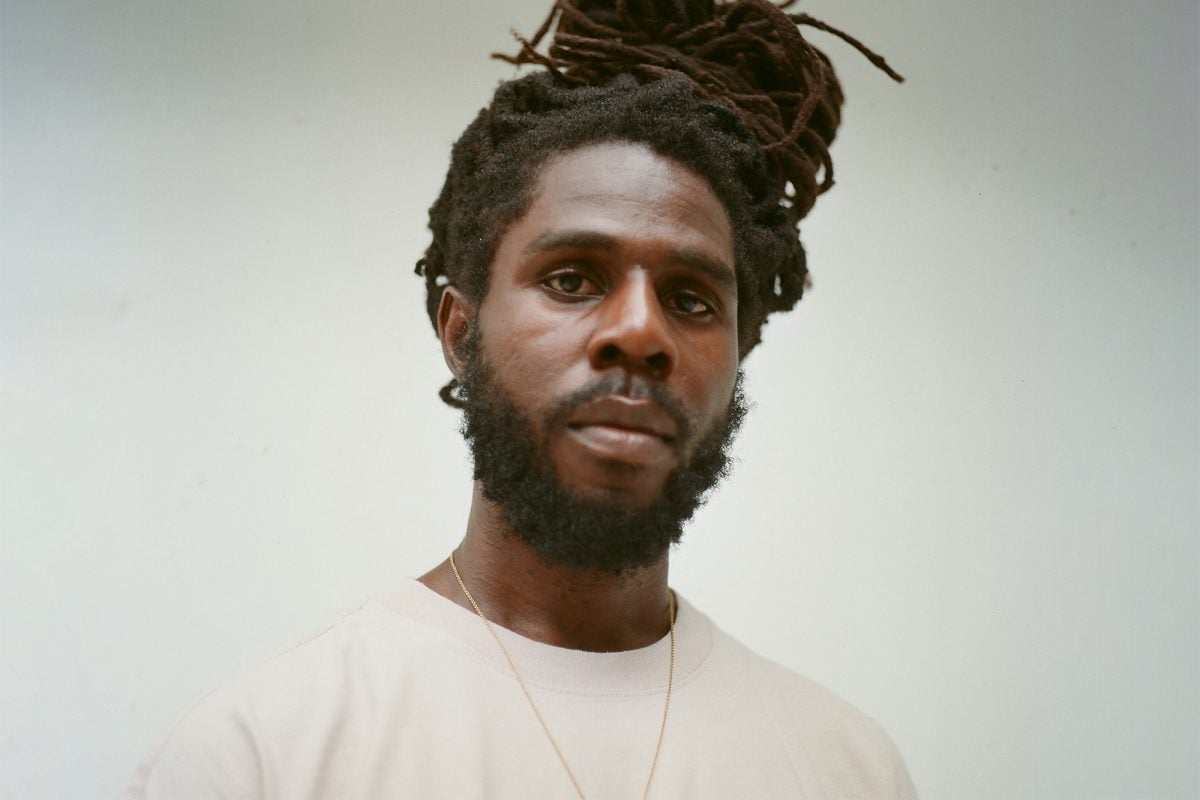Producer Says Inner-City Youths Not Listening To Reggae Anymore: “They Can’t Identify With These Uptown Guys”

Lyrics Rhoom music producer Joey Lyric says Jamaica’s inner-city youths are not listening to contemporary Reggae music, as the artists regarded as their generation’s standard-bearers for the genre, are from “Uptown,” and their music is neither spiritual nor revolutionary.
“Honestly, Reggae music is not resonating with the youths that it is supposed to be resonating with. You have to remember, you know, Reggae is the poor man’s music. Reggae is the voice of the poor and the oppressed. It is zinc fence music; board house music,” the producer stated.
“And the main proponents of Reggae now, are proponents of the status quo. Some Uptown people. The face of Reggae righ now [is] Jah9, Jesse Royal, Kabaka Pyramid, Protoje. Yuh nuh have no ghetto yute right now, hard core ghetto yute now weh a do Reggae, yuh nuh. Yuh nuh realise dat? Reggae deh Uptown inna Jamaica right now,” he added during an interview on the Dale Elliot TV Podcast.
He continued: “So I think because a dat, there is a strong disconnect with Reggae and inner-city youths, They are not really listening to Reggae anymore. They can’t identify with these Uptown guys.”
When the host asserted that Chronixx was an exception, the producer was quick to point out that the Chronology artist was a native of Spanish Town’s De-la Vega City, and not Upper St. Andrew.
“Chronixx is not an Uptown yute. Chronixx is from Spanish Town. But Chronixx eventually got immersed in the whole uptown… he has been amalgamated in the whole uptown,” Joey said.
The University of the West Indies (UWI) past student sought to repudiate arguments made by his host, several times during the interview, the first being when Elliot said Reggae was never intended to remain as music recorded exclusively by those from humble beginnings.
“Reggae, in its DNA, is revolutionary music. Reggae music is the voice of the poor and the oppressed. So Reggae music is a lubricating conduit that is used to speak on the social ills of society. It is used to highlight the atrocities being meted out by ‘Babylon’, whether that be the government, police force,” the Bay Woman Deh Yah producer countered.
“These contemporary proponents of Reggae now; di man dem sing love music, it is not revolutionary. It is not hard core. Its not even highly spiritual… Yuh nuh hear Octane tell yuh? No fire naw burn,” he added later.
When Elliot insisted that revolutionary and spiritual Reggae was from “a different time”, Joey told him, that the roles and functions of music genres do not change.
“But that is Reggae; that is Reggae. Soca is about dancing, right. Reggae is revolutionary music, uplifting the people, empowering the people, highlighting the social ills of society. That is Reggae music,” the producer emphasized.
When the United Nations inscribed Reggae on the Representative List of the Intangible Cultural Heritage of Humanity, in November 2018, the UNESCO noted among other things, that the “basic social functions of the music – as a vehicle for social commentary, a cathartic practice, and a means of praising God – have not changed, and the music continues to act as a voice for all”.
Similarly, UNESCO noted that Reggae, “having originated within a cultural space that was home to marginalized groups, mainly in Western Kingston, and while in its embryonic state was the voice of the marginalized, the music is now played and embraced by a wide cross-section of society, “including various genders, ethnic and religious groups”.
Despite the involvement of the middle-class in Reggae, Joey Lyric said that they still did not have the impact that an artist such as Chronixx had, as his roots are in a community considered one of Spanish Town’s most volatile.
“I listen to Protoje and Jesse dem enuh. But di yutes dem inna di garrison, naw listen. Think about it, the last time Reggae was dominant in the inner-city, had a tremendous impact on the youths in the inner city, was the emergence of Chronixx… Kabaka won the Grammy, big up to Kabaka, but if you go inna di garrison right now and ask di yutes fi give yuh two Kabaka Pyramid songs, dem caan tell yuh, trust mi,” he added.
When the host asserted that inner-city youths preferred to listen to Dancehall and not Reggae, the producer shot back: “Yuh don’t remember the influence that Chronixx had on the garrison? Yuh nuh rememba dat? Di amount a yutes weh Chronixx meck ras up, mi a tell yuh enuh.”
Joey Lyrics’ sentiments about the purpose of the Reggae genre, were echoed a few weeks ago, by Pastor of the Fellowship Tabernacle in Kingston, Reverend Al Miller, during his sermon at the National Reggae Month church service.
Reverend Miller had stated that Reggae music is a tool for reigniting greatness, for turning the country around and breaking the back of problems, and ought not to be allowed to be bastardized by any musician.
“Because if a Reggae, it must be uplifting. If it is Reggae, it muss a seh something. It must be moving you to make you better. If all it a do is meck yuh wine, den dat a nuh Reggae, dat a Reggae cousin, but nuh di real Reggae dat. Because it mus teck yuh somewhere. Because it was never intended just to be dance music; although yuh dance to di music. It wasn’t just supposed to be riddim to gyrate. Is not Calypso…” the Minister had said.
Reverend Miller had also said that Jamaica’s destiny “more than we think, it rests in the power of our music” as it is able to “do and reach and touch far more” than any preacher, including himself can.
“Him coulda bad like yaws, he cannot accomplish what it can,” he stated.


